|
By Akilah James As the pandemic lives on, hate crimes against Asians are increasing at a disturbing rate. Though hate crimes against all races have been on the rise recently, the increase in hate crimes against Asians is fueled by misinformation about COVID-19 and it becomes clear that this is a pressing issue that needs to be urgently addressed. Since the start of the pandemic, Asians all over the world experienced an increase in violence. According to a study of 43,000 Canadians from Stats Can, Canadians that have Asian backgrounds are more likely to report increased racial or ethnic harassment. The study reports “the proportion of participants who perceived an increase in neighbourhood crime was higher among visible minority groups than among the rest of the population” - however, the largest proportion of people feeling this way were people with Chinese and Japanese background. According to Stats Can: “Among visible minorities, the proportion was slightly higher among men (15%) than women (13%). Perceptions, however, varied across different visible minority groups. In particular, a larger proportion of Chinese (22%) and Japanese (21%) participants reported feeling crime had increased in their neighbourhood since the start of the pandemic.” These attacks against Asians have taken on various different forms. The attacks range from racist graffiti and verbal threats and even go as far as physical assault. According to Project 1907, a community based reporting tool to track incidents of Asian racism, that as of May 2020, over 70% of the people who reported were women and there is a one in five chance of these incidents to involve some type of assault. Eighty per cent of incidents included verbal harassment and ¼ incidents included a derogatory reference to China and/or Chinese people. “Racism against the Asian community has always been prevalent. However, the uptick that we have seen in the last year is extremely concerning and not only Asians in Canada but Asians all over the world lives are in jeopardy,” said Helen Ma, a Ryerson University student who focuses her studies on anti-Asian racism in Canada. While racism against Asians is increasing, many people from the Asian community feel as if it is due to misinformation spread about the COVID-19 virus. This has affected not only Asian Canadians, but it has dramatically affected Asian businesses as well as they have seen a drop in business weeks after the pandemic shut down. “The misinformation spread about the virus has a great effect on Asian Canadians,” added Ma. “When people go around calling it the ‘Wuhan virus’ or the ‘China virus’ it is very hurtful not only because it’s spreading false information but also because it affects not only our people but our community.” David Chu, a local convenience store owner said: “I know a lot of people with businesses who have seen a complete drop in sales all because people are scared of being around Asians, much less shopping from them. It’s terrible.” “Thankfully I own a store that is essential to some people and I have not experienced any racism, but I know many restaurant owners that have had to shut down or are very close to and it is sad because no one deserves to be treated the way that we are being treated.” added Chu. While anti-Asian racism is a big problem a year into the pandemic, some initiatives are taken to combat these issues. The Toronto District School Board released a guidebook for its educators to help handle anti-Asian racism both in the classroom and virtually. The Chinese Canadian National Council has created Fight Covid Racism, a website platform dedicated to tracking and reporting anti-Asian racism and xenophobia in Canada. In addition, they have created the awareness campaign #FaceRace, which is an open challenge to all Canadians to confront racism amid the pandemic. It is important to continue this type of advocacy even beyond the pandemic, as although the pandemic has brought light to this issue, anti-Asian hate crimes will not necessarily end when the pandemic does. |
Recent Posts
Categories
All
Archives
February 2022
|
|
GET THE APP!
Listen to VIBE 105 anywhere you go!
|
OUR STATION
|
TUNE IN RADIO
|
STAY CONNECTED
|
Copyright © 2021 Canadian Centre for Civic Media and Arts Development Inc. Except where otherwise noted, presentation of content on this site is protected by copyright law and redistribution without consent or written permission of the sponsor is strictly prohibited.


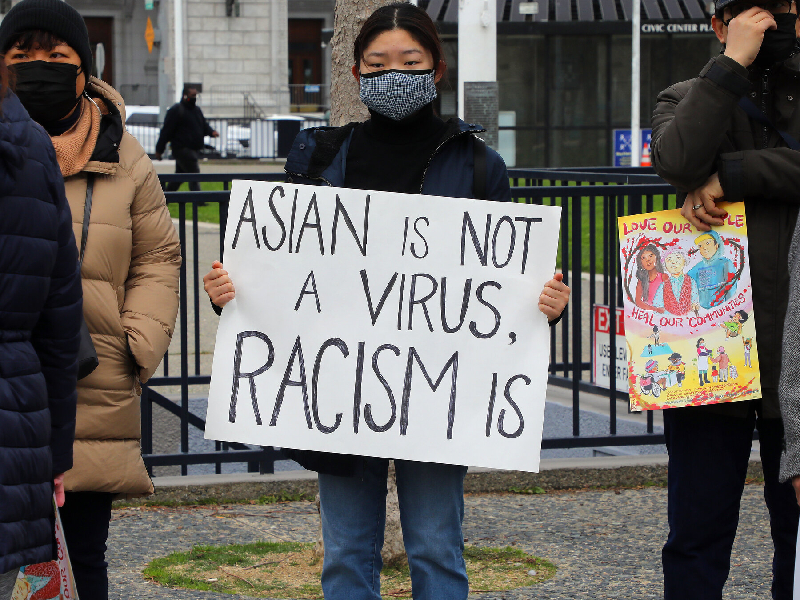
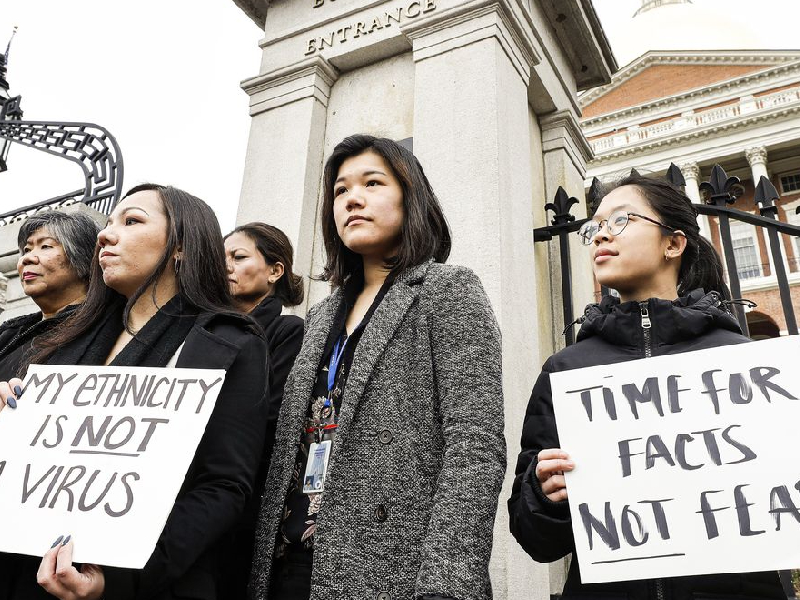
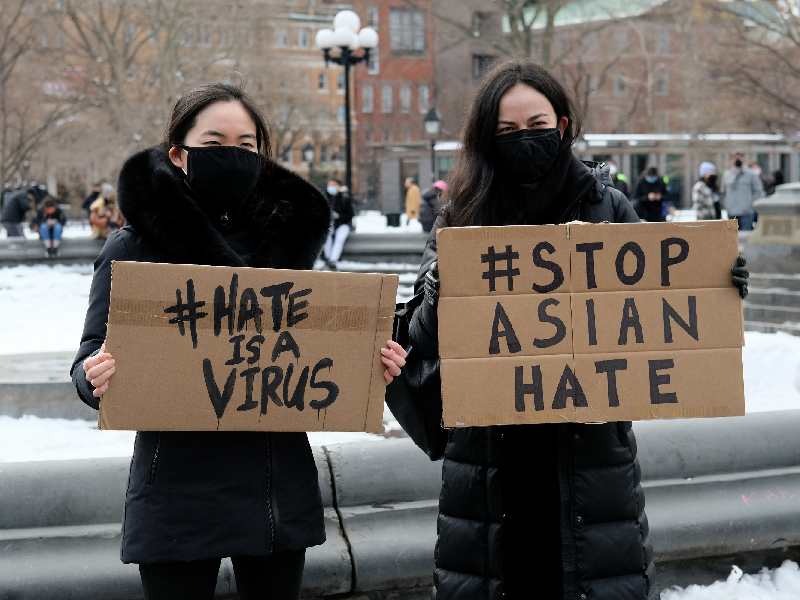
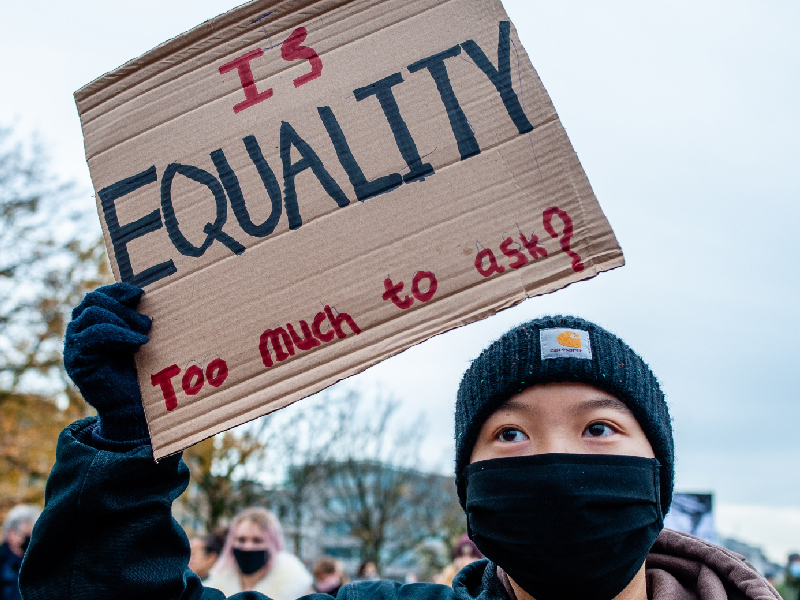
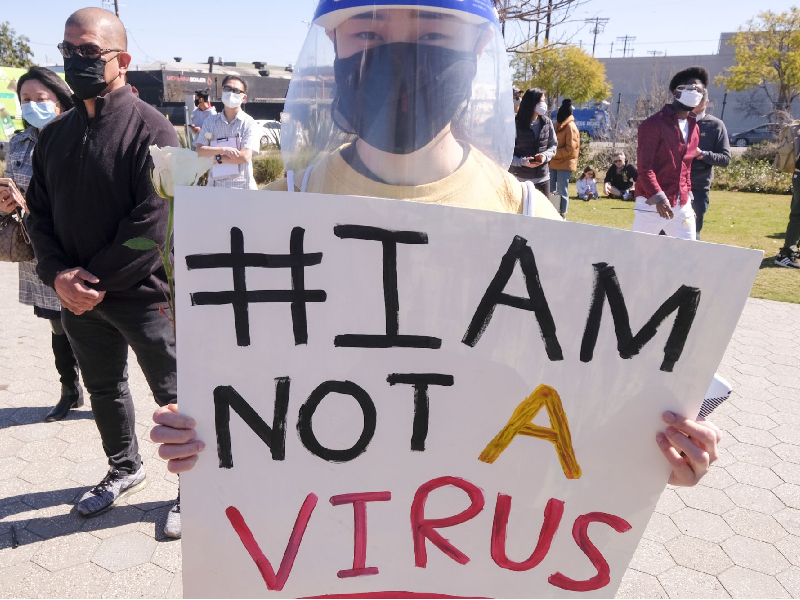
 RSS Feed
RSS Feed


